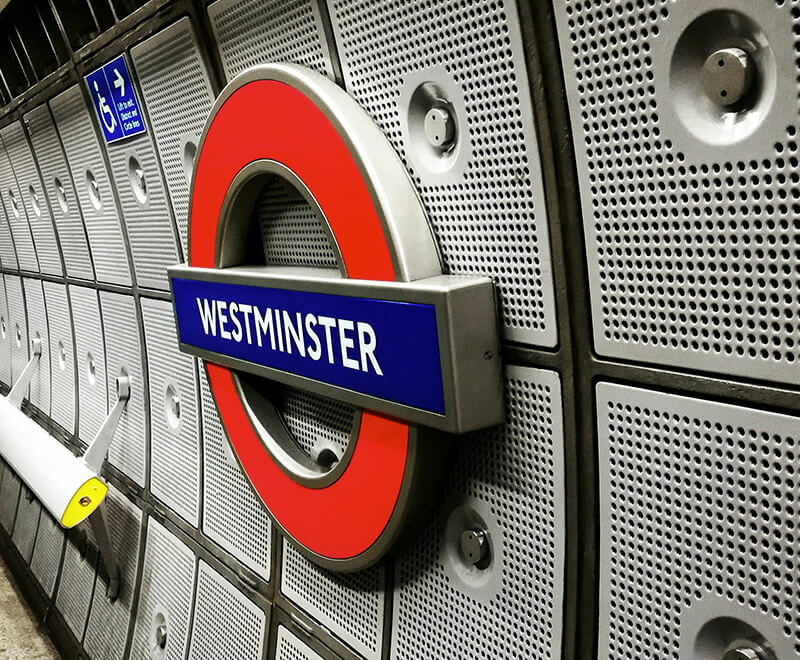Westminster’s longest-running political manoeuvre came to an unsurprising climax last week, with confirmation that the Labour Party would be dramatically reducing the scope of its flagship £28bn green investment pledge.
In a joint announcement by Keir Starmer and his Shadow Chancellor, Rachel Reeves, the Labour leader accused the Government of “crashing the economy” and leaving them with no option but to radically scale back the central plank of the Party’s economic policy platform.
Since Reeves first announced the green investment plan back in September 2021, the commitment had been an oft-revisited line of attack from a Conservative campaign machine all too happy to dust off the well-worn file marked ‘Labour’s Economic Incompetence’.
Some senior voices around Starmer’s top table wanted the commitment dropped months ago, referring to the price tag as the “albatross around our necks” that would inevitably dog them throughout a general election campaign. Others were adamant that the party should double down on the pledge and point to the creation of 170,000 new jobs in the first year of President Biden’s Inflation Reduction Act.
Even amongst those who were convinced the £28bn millstone must be ditched, there was well-founded concern about how the move would be received. Not so much by voters – who it is hoped will have long forgotten the figure ever existed by the time a general election rolls round in the autumn – but by business leaders and investors who the Labour Party has spent more than a year carefully courting.
In hindsight the flaw in Labour’s strategy was never the policy itself, but the commitment to a specific number. By assigning a fixed figure to the proposed investment – much of which had not been allocated to specific projects – Labour left itself open to the perennial problem of answering the obvious question: ‘how are you going to pay for it?’.
It was a rare misstep for a party that has shown uncharacteristic discipline and restraint since Starmer’s 2020 election as leader. The tactic of presenting as small a moving target as possible – largely by saying and doing very little – has thus far given political opponents very little to work with.
The decision to axe the commitment has highlighted Labour’s vulnerabilities on both flanks, with attacks raining in from across the political spectrum. For those on the left, Labour’s decision to drop the target shows a failure to recognise the scale of the environmental challenge and a lack of ambition when it comes to transforming Britain into a global green superpower. On the right, the move demonstrates the exact criticism opponents have tried repeatedly to pin on Keir Starmer – a leader lacking in consistency and conviction, who can’t be trusted to deliver on what he promises.
It remains to be seen how the private sector will respond to the announcement. Both the Shadow Chancellor and her colleague, Shadow Business Secretary Jonathan Reynolds, have put a huge amount of time and effort into building relationships with business leaders, offering the clarity and certainty investors have been hungering after for years. The decision to abandon the centrepiece of Labour’s economic plan will have done little to reassure those who remain unconvinced.
The £28bn figure may have been ditched, but the long-term political cost to Keir Starmer and his Party’s economic credibility remains to be seen.
**
At Pagefield, we understand the world of Westminster and Whitehall – we are specialists in Public & Regulatory Affairs with a long-history of supporting clients with tricky regulatory and policy issues. If you want to talk to us about how we can help you to engage UK political parties ahead of the General Election, please get in touch via hello@pagefield.co.uk.



